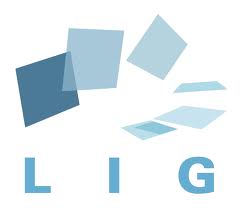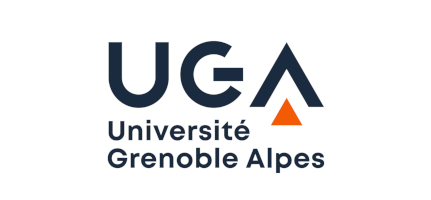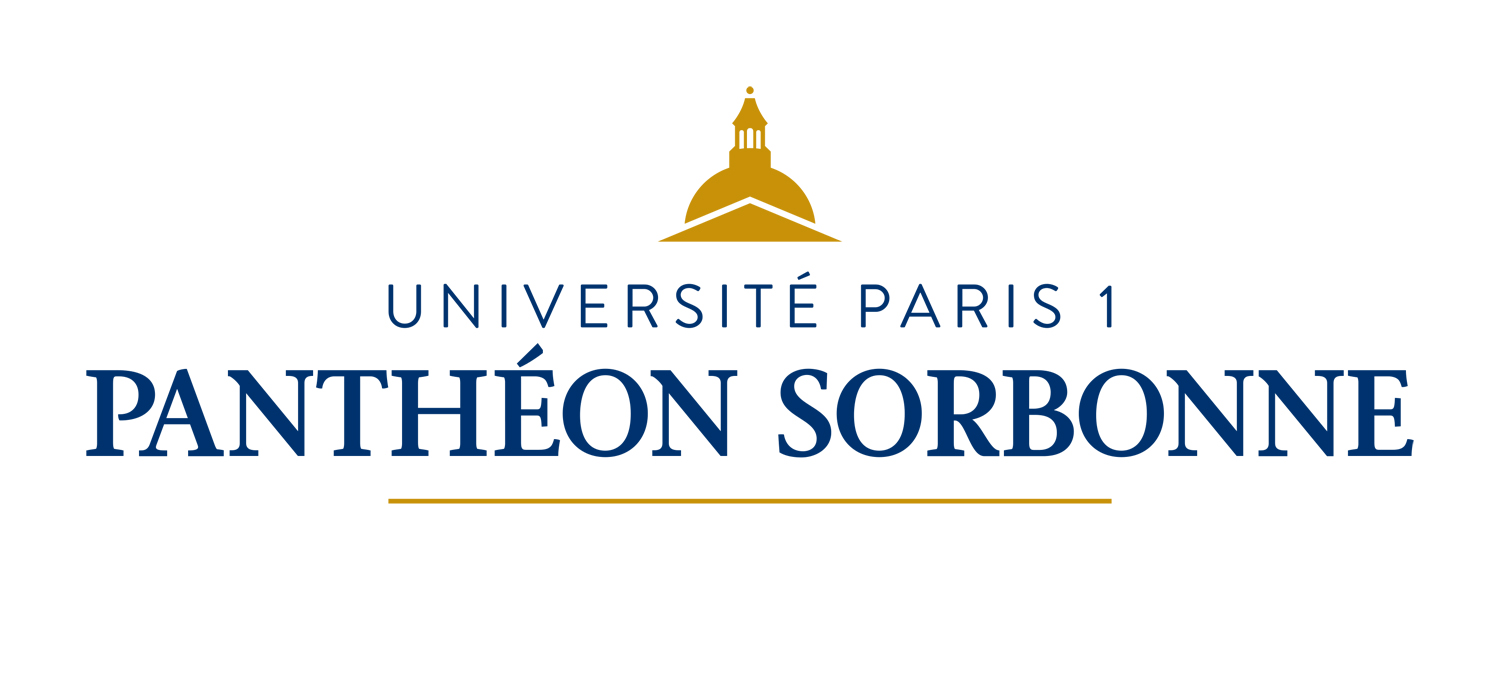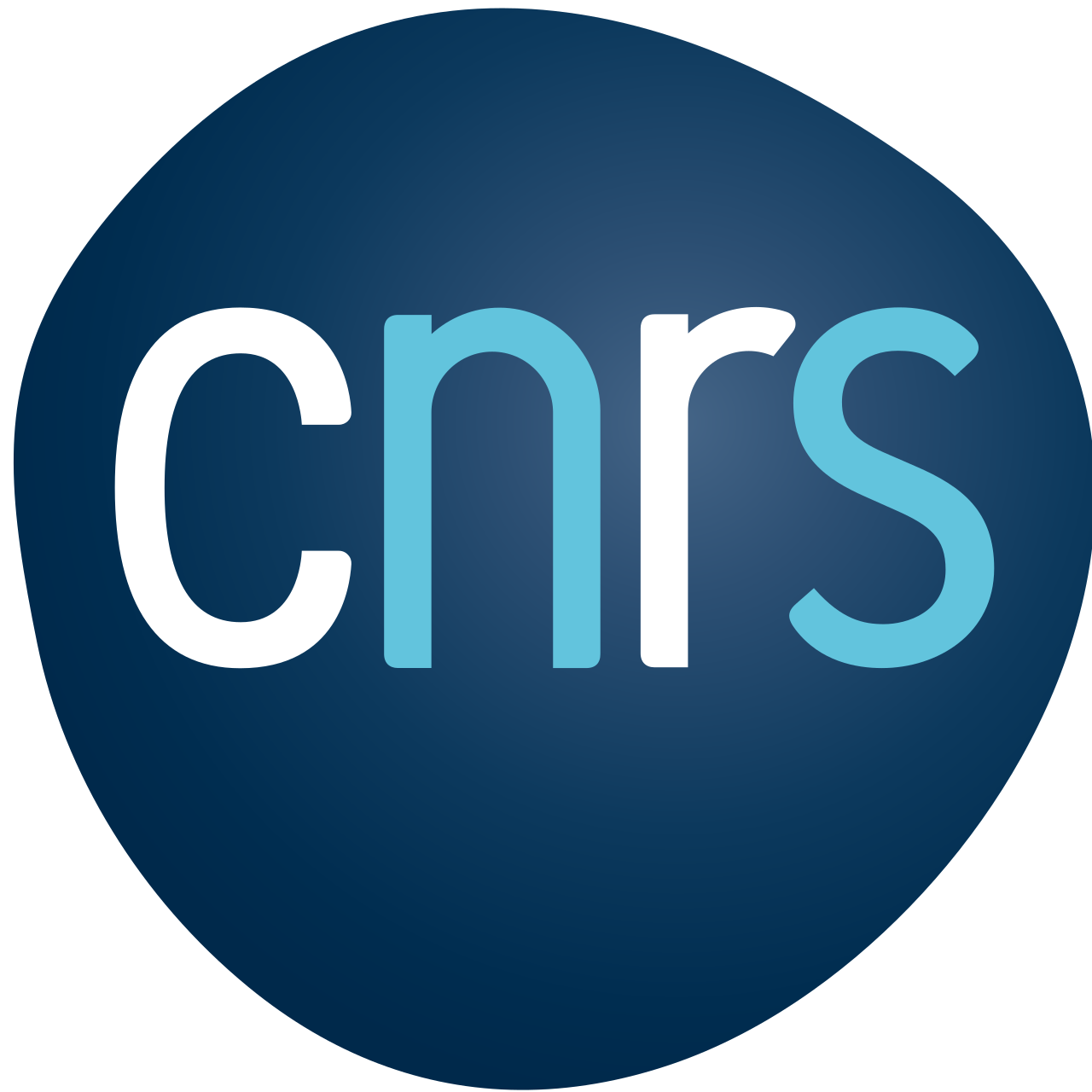IMPORTANT DATES
- Submission:
3 April 2020 17 April 2020
- Notification of acceptance:
29 April 2020 10 May 2020
- Camera-ready copy: 20 May 2020
- CAiSE Doctoral Consortium: 10-12 June 2020
UPDATE - CAiSE 2020 Doctoral Consortium – Call for Papers
Due to the COVID-19 situation, the CAiSE conference will be held on-line. The Doctoral Consortium is maintained but the deadline has been extended. The students will be asked to record their presentations in a video that will be available during the conference.
We aim to propose an online discussion space during the conference where PhD students could present their work and interact with their mentors and other researchers. In addition, senior researchers will give some useful presentations for students. Do not hesitate to submit as the content and interactions will definitely be interesting as always has been! More details about this newly organization will come later. However, the goal remains the same.
The CAiSE’20 Doctoral Consortium will be the 27th Doctoral Consortium held in conjunction with the CAiSE conference series. It is intended to bring together PhD students working on foundations, techniques, tools and applications in the Information Systems Engineering field. The Doctoral Consortium will provide them with an opportunity to present their research to and discuss it with an audience of peers and senior faculty in a supportive environment, as well as to participate in a number of plenary sessions with Information Systems academics.
The goals of the Doctoral Consortium are to provide PhD students with the opportunity to:
- Receive constructive feedback and advice on their research project,
- Meet experts with different backgrounds working on topics related to the Information Systems Engineering field,
- Interact with other PhD students and stimulate an exchange of ideas and suggestions among participants,
- Discuss concerns about research, supervision, job market, and other career-related issues.
To be eligible for the Doctoral Consortium, the candidate must be a current doctoral student within a recognized research institution. Ideally, candidates should have at least 12 months of work remaining before their expected completion, and at least 12 months of work already performed. However, all PhD students are eligible regardless of their doctoral stage.
Why to submit to the CAiSE 2020 Doctoral Consortium?
The CAiSE 2020 Doctoral Consortium will be attended by reknowned academics from the Information Systems Engineering field who will actively participate as mentors for the doctoral students presenting a paper at the Doctoral Consortium. Accepted papers will be published in the CEUR proceedings (http://ceur-ws.org/). CEUR proceedings are indexed in DBLP.
All participants of the CAiSE doctoral consortium will be subsequently eligible to submit their PhD thesis (after the degree is granted) for a CAiSE PhD Award.
Submission process
Submissions must be made electronically in PDF format by the stated deadline via the EasyChair conference system (select “CAiSE Doctoral Consortium”). Submissions must have a single author, but the name of the supervisors should be mentioned in the paper. All submitted materials must be in English. Attendees must have sufficient proficiency in English for being allowed to participate in the academic discussions of the consortium.
Submission guidelines
The paper must:
- clearly formulate the research question,
- identify a significant problem in the field of research,
- outline the current status of the problem domain and related solutions,
- clearly present any preliminary ideas, the proposed approach and the results achieved so far,
- describe the research methodology that is applied or planned,
- outline the contributions of the applicant’s work to the problem domain and highlight their uniqueness,
- conform to the Springer LNCS format,
- contain less than 4000 words (approx. 8 pages in LNCS style).
Each submitted paper will be reviewed by two members of the Doctoral Consortium Program Committee. The main evaluation criteria are: relevance, originality, significance, technical soundness, accuracy, and clarity. Acceptance for the Doctoral Consortium is based on the evaluation criteria above.
Submissions should concern original research. Papers that have already been accepted or are currently under review for other conferences or journals will not be considered for publication.
Registration fee
The doctoral consortium is held in parallel with the main CAiSE conference on 10-12 June 2020. There is no separate registration fee for participants in the doctoral consortium. Participants should register to the main conference by selecting either the “Main conference” option or another option that includes the main conference.
Doctoral Consortium Chairs
- Oscar Pastor, Universidad Politécnica de Valencia, Spain
- Mario Cortes-Cornax, Université Grenoble Alpes, France
Questions and inquiries
Questions about eligibility and other inquiries can be sent to the CAiSE’20 doctoral consortium chairs at caise20-phd[at]univ-grenoble-alpes.fr.
Mentors
- Olivier Bartheye, French Air Force Academy, France
- Nicolas Belloir, IRISA / Ecoles de St-Cyr Coëtquidan, France
- Alessandro Bozzon, Delft University of Technology, Netherlands
- Carlos Cetina, San Jorge University, Spain
- François Charoy, Université de Lorraine - LORIA - Inria, France
- Xavier Franch, Universitat Politècnica de Catalunya, Spain
- Maria Teresa Gómez López, University of Seville, Spain
- Haralambos Mouratidis, University of Brighton, England
- Selmin Nurcan, Université Paris 1 Panthéon - Sorbonne, France
- Jose Ignacio, Panach Navarrete, University of Valencia, Spain
- Jolita Ralyté, University of Geneva, Switzerland
- Philippe Roose, LIUPPA/UPPA, France
- Maribel Yasmina Santos, University of Minho, Portugal
- Florence Sedes Université Paul Sabatier - Toulouse III, France
- Pnina Soffer, University of Haifa, Israel
- Janis Stirna, Stockholm University, Sweden
- Genoveva Vargas Solar, CNRS-LIG-LAFMIA, France
- Barbara Weber, University of St. Gallen, Switzerland
- Jelena Zdravkovic, Stockholm University, Sweden









